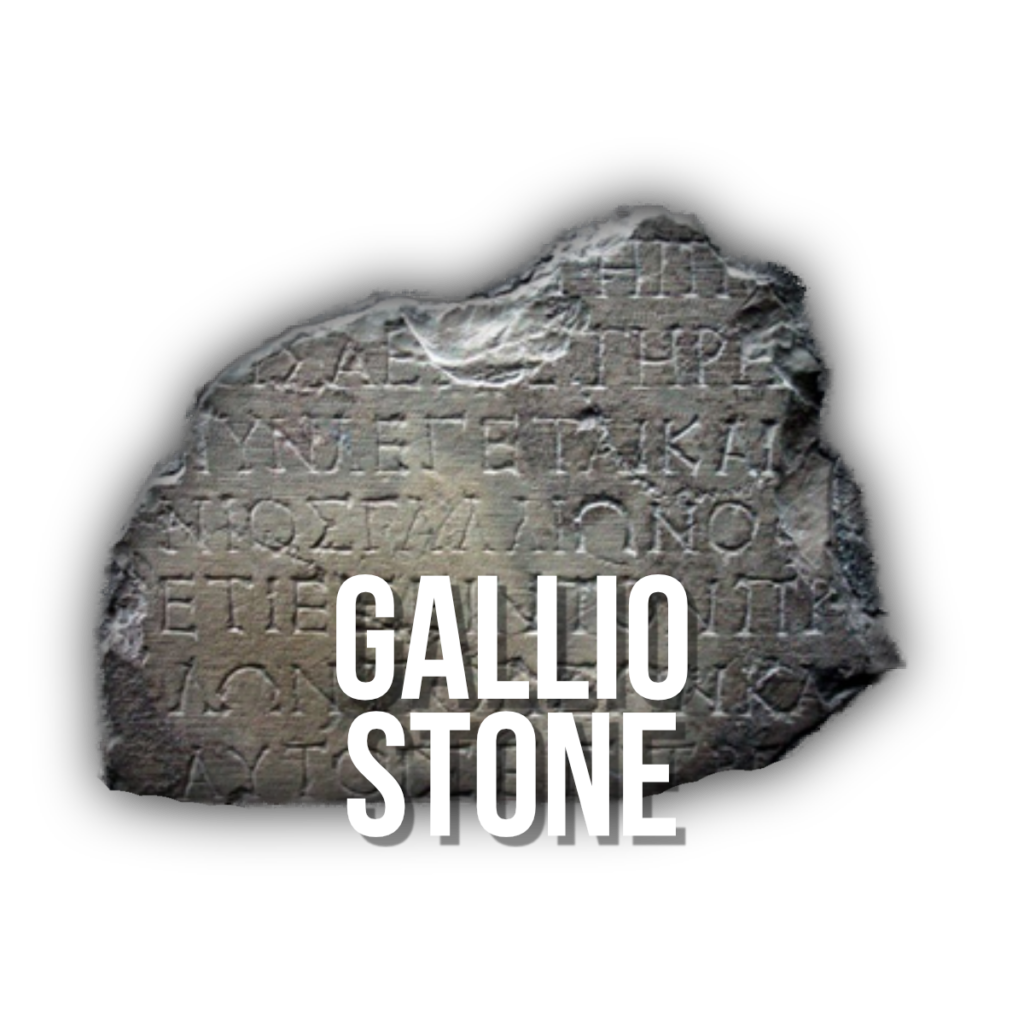Cited in W. Harold Mare, 1 Corinthians: The Expositor’s Bible Commentary: Romans through Galatians (Grand Rapids, MI: Zondervan Publishing House, 1976), 179.

Paul is the author of this letter, and even critical scholars do not generally dispute this claim. Several very early Christian leaders confirmed Paul’s authorship of this book:
Clement of Rome, To the Corinthians, 47:1
Polycarp, To the Philippians, ch. 11
Irenaeus, Against Heresies, 4, 27
Clement of Alexandria, The Paedagogus 1, 6
Tertullian, On the Prescription of Heretics, Ch. 33, 11:46
Archibald Robertson and Alfred Plummer write, “Both the external and the internal evidence for the Pauline authorship are so strong that those who attempt to show that the Apostle was not the writer succeed chiefly in proving their own incompetence as critics.” More recently, Carson and Moo write, “Paul is identified as the author in the opening verses of both epistles, and few have contested the claim.” Even critical scholar Hans Conzelmann writes, “The authenticity of the epistle is universally recognized.”
Paul visited Corinth in roughly AD 50. We know this because he stood before the proconsul Gallio (Acts 18:12), whom we recognize and know from secular history. Archaeologists uncovered the famous “Gallio stone,” which dates the beginning of Gallio’s office to the early summer of AD 51.
When Paul wrote his letter to the Corinthians, this was obviously after he stood before Gallio, placing the date after AD 51. Moreover, Paul writes that he was still in Ephesus when he wrote 1 Corinthians (1 Cor. 16:8), after just planting the church there (Acts 18:18-21). Therefore, Paul probably wrote this letter sometime in between a two-and-a-half-year span, while he was at Ephesus from the autumn of 52 to the spring of 55 AD (Acts 19:10; 20:31). Thus, most NT scholars date this letter sometime in the late winter or early spring of 55 AD. Morris dates the book to the mid-fifties, and cites “wide agreement” on this amongst NT scholarship.

Cited in W. Harold Mare, 1 Corinthians: The Expositor’s Bible Commentary: Romans through Galatians (Grand Rapids, MI: Zondervan Publishing House, 1976), 179.
Archibald Robertson and Alfred Plummer, A Critical and Exegetical Commentary on the First Epistle of St Paul to the Corinthians (T. & T. Clark, 1929; International Critical Commentary), xvi. Cited in Leon Morris, 1 Corinthians: An Introduction and Commentary, vol. 7, Tyndale New Testament Commentaries (Downers Grove, IL: InterVarsity Press, 1985), 32.
D. A. Carson and Douglas J. Moo, An Introduction to the New Testament. Second ed. (Grand Rapids, MI: Zondervan, 2005), 419.
Hans Conzelmann, 1 Corinthians: A Commentary on the First Epistle to the Corinthians, Hermeneia—a Critical and Historical Commentary on the Bible (Philadelphia: Fortress Press, 1975), 2.
See for example: Hans Conzelmann, 1 Corinthians: A Commentary on the First Epistle to the Corinthians, Hermeneia—a Critical and Historical Commentary on the Bible (Philadelphia: Fortress Press, 1975), 13.
Leon Morris, 1 Corinthians: an introduction and commentary, Tyndale New Testament Commentary Series (Downers Grove, IL: InterVarsity Press, 1985), 35.
Harold Mare, 1 Corinthians: The Expositor’s Bible Commentary: Romans through Galatians (Grand Rapids, MI: Zondervan Publishing House, 1976), 177.
Craig Blomberg, From Pentecost to Patmos: An Introduction to Acts through Revelation (Nashville, TN: B & H Academic, 2006), 164.
Harold Mare, 1 Corinthians: The Expositor’s Bible Commentary: Romans through Galatians (Grand Rapids, MI: Zondervan Publishing House, 1976), 180.
Leon Morris, 1 Corinthians: an introduction and commentary, Tyndale New Testament Commentary Series (Downers Grove, IL: InterVarsity Press, 1985), 35.

James is an elder at Dwell Community Church, where he teaches classes in theology, apologetics, and weekly Bible studies.
